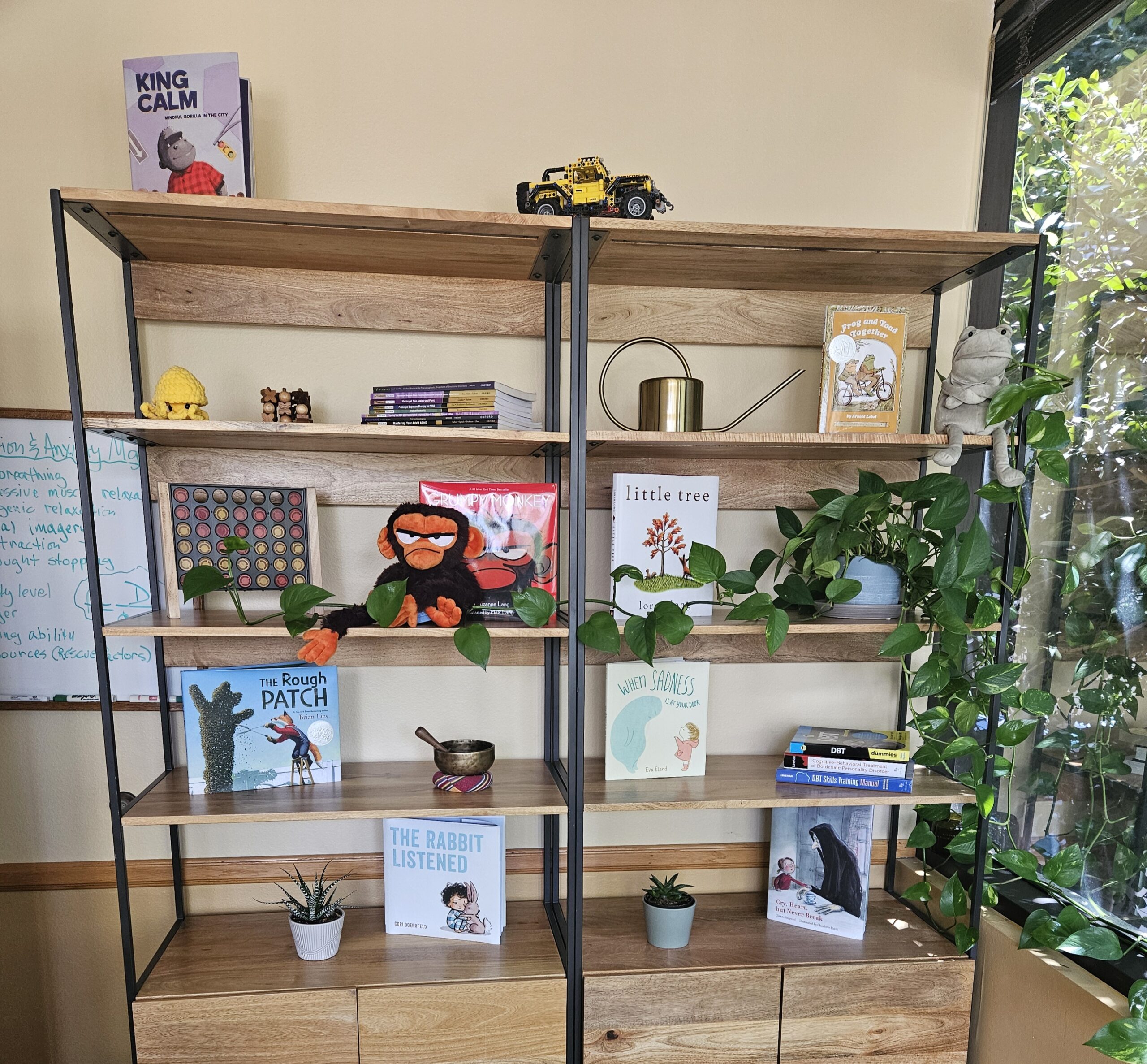These days, the only thing harder than being a teen is parenting one. How do we raise healthy adolescents when they have the world at their fingertips—and vapes look like harmless toys?
In this interview on the podcast A Little Help For Our Friends, YFI Founder and Clinical Director Marcus Rodriguez, PhD, shares strategies from his clinical work and his own journey as a parent to help families strengthen communication, set clear limits, and stay connected through the toughest moments.
What you’ll learn
-
How to open—and keep—productive conversations with teens
-
When to step back (and why that can help)
-
Balancing boundaries with autonomy
-
Navigating risk (social media, vaping) without shame
-
Repairing after conflict and rebuilding trust
-
When to seek extra support
Highlights from the Interview
1) Start conversations that stay open
-
Lead with curiosity, not conclusions: “What was that like for you?”
-
Use reflective listening and small summaries: “So the group chat got intense, and you felt stuck.”
-
Keep the door open: end with, “Thanks for trusting me—let’s check in tomorrow.”
2) Know when to step back
-
Distinguish unsafe from uncomfortable. Save firm limits for safety; allow manageable mistakes elsewhere.
-
Use “pause and plan”: step away, regulate, then return to discuss next steps together.
3) Boundaries + autonomy (both matter)
-
Create family agreements: tech hours, grades, curfews, driving—co-authored and written down.
-
Be clear and consistent: what’s non-negotiable, what’s negotiable, and how freedom grows with follow-through.
-
Pair every “no” with a why and a when to revisit.
4) Talk about risk—without shame
Social media: Curate feeds, unfollow accounts that spike anxiety/comparison, set device-free wind-down, and agree on no-phones overnight.
Vaping: Ask what it does for them (stress relief? fitting in?), share short facts about nicotine and the teen brain, and plan scripts for peer pressure (“I’m good—I’m training,” “Trying to save money”). If quitting is hard, loop in a pediatrician for options and support.
5) Repair after conflict
-
Own your part: “I raised my voice; I’m sorry.”
-
Validate the feeling even if you disagree with the choice.
-
Reset with a small reconnection ritual (walk, snack, quick game) so the relationship doesn’t stall out.
6) When to seek extra support
Consider a professional consult if you notice persistent low mood, anxiety, school refusal, self-harm thoughts/behaviors, or escalating conflict. CBT and DBT can help teens build skills for emotion regulation, communication, and wise decision-making.
If there’s an immediate risk of self-harm or suicide, call or text 988 (U.S.).
If your teen is facing anxiety, depression, OCD, PTSD, self-harm, suicide risk, or ADHD, YFI offers evidence-based DBT and CBT tailored for adolescents and families. We support communities across Altadena, La Cañada Flintridge, and South Pasadena, and throughout Greater Los Angeles. Contact us to get started.




